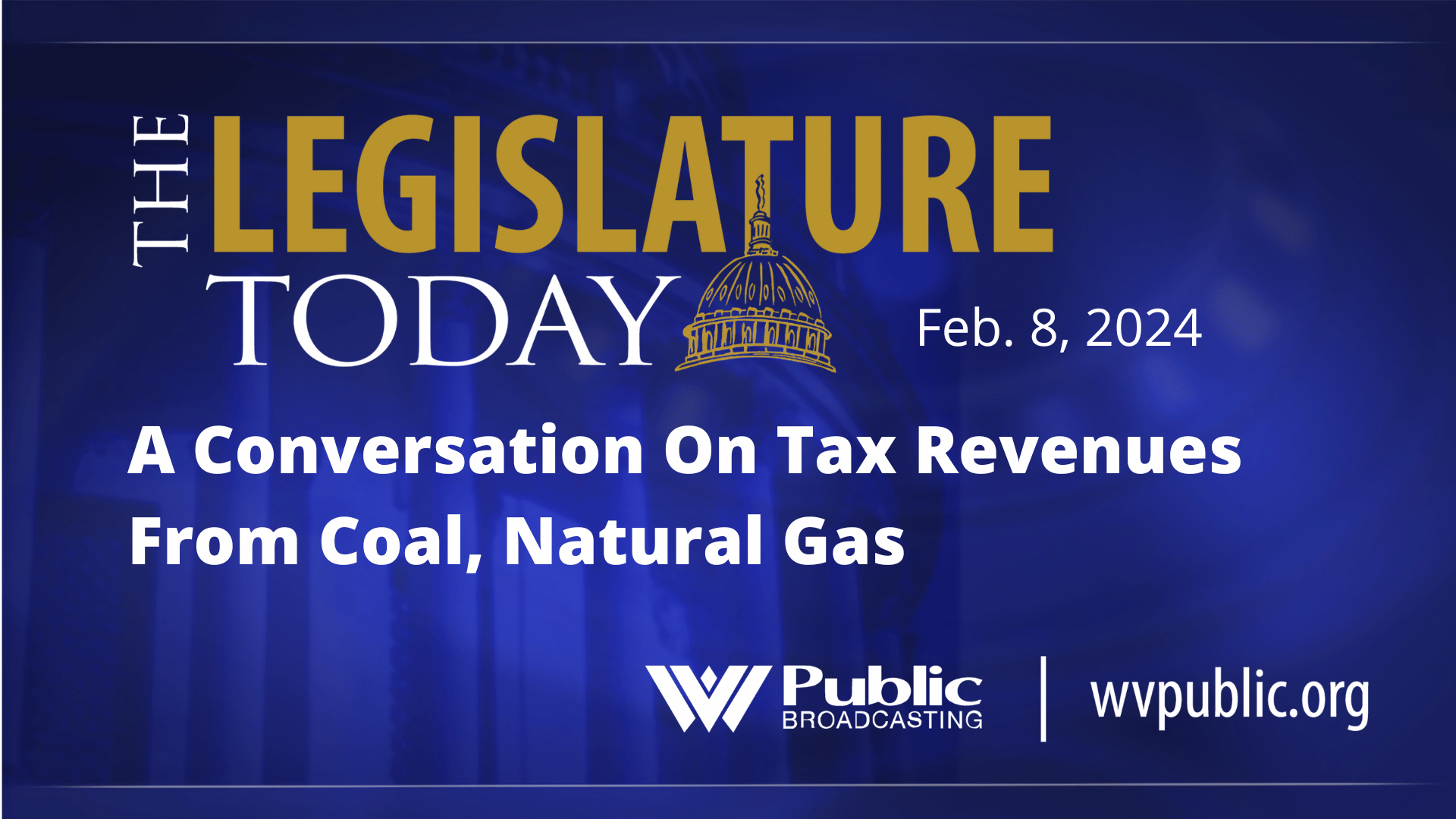On this episode of The Legislature Today, higher demand for coal and natural gas, as well as higher prices, produced a severance tax windfall for the state over the past few years. But prices have fallen, and with it, tax revenues.
To get a better idea of where things stand, Curtis Tate spoke with Kelly Allen, executive director of the West Virginia Center on Budget and Policy.
In the House, among the bills on third reading Thursday included a proposal to allow schools to hire trained security guards. The bill led to a social debate over the issue of training in systemic racism. Randy Yohe has more.
In the Senate, the chamber advanced 13 bills. They sent Senate Bill 596 to committee. That bill is the same as House Bill 5045, which would give the EPA assurances that carbon capture and storage will not pollute groundwater. The House version was amended to be fused with the Senate bill.
Also, House Democrats held a press conference to highlight their priorities going forward. Randy Yohe has that report.
Finally, the House of Delegates held a public hearing on a bill that would restrict transgender West Virginians access to bathrooms, changing rooms and locker rooms that match their gender identity.
Having trouble viewing the video below? Click here to watch it on YouTube.
The Legislature Today is West Virginia’s only television/radio simulcast devoted to covering the state’s 60-day regular legislative session.
Watch or listen to new episodes Monday through Friday at 6 p.m. on West Virginia Public Broadcasting.
